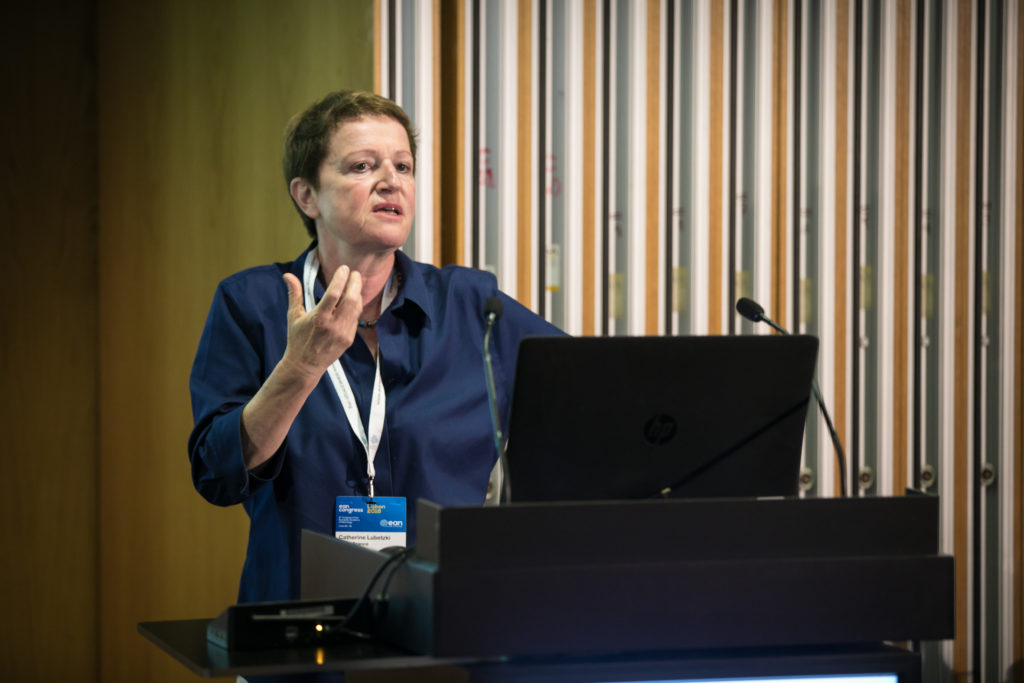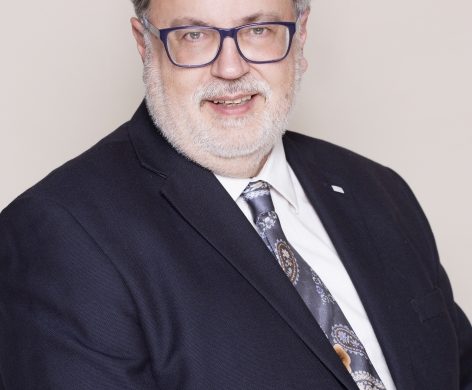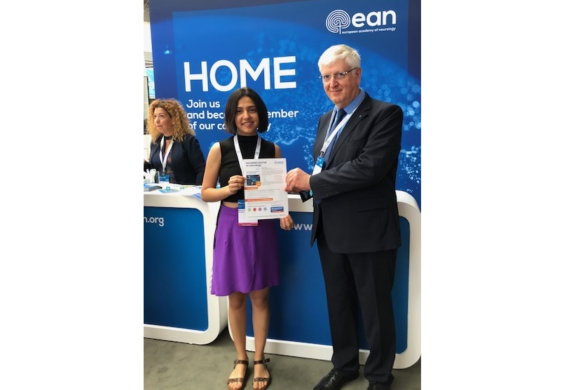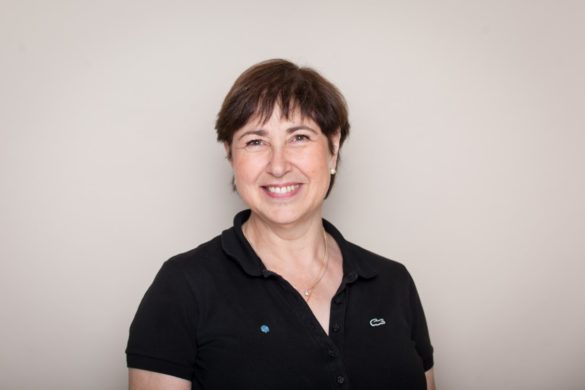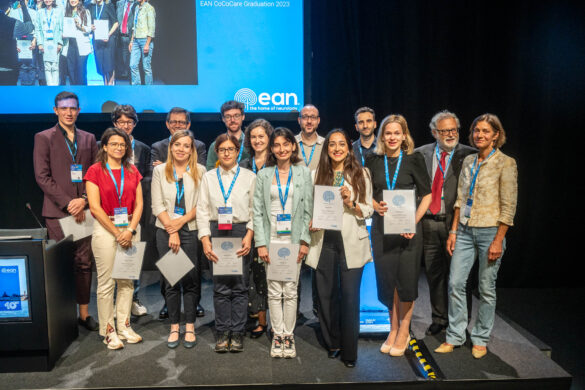Challenges for Women in Neurology – Third edition
For the third consecutive year we have had this important networking event during the EAN annual congress. The event was well attend by women neurologists but also by several men, who actively participated to the discussion.
Prof. Catherine Lubetzki (Paris, France) discussed the French perspective of challenges for women in neurology. She has been the second professor of Neurology in France and she is currently the head of the Neurology Department at La Salpetriere University. She has three sons. Prof. Lubetzki highlighted how the own country plays an important role regarding the supportive environment. She spoke about the life of two amazing French neurologists. Dr Augusta Dejerine-Klumpke, born in 1859 in San Francisco, has been the first female neurology resident in Paris and the first President of the French Society of Neurology. The other amazing protagonist of her talk was Prof. Bousser, who has been the first woman Professor in Neurology in France. She discovered CADASIL in 1993. Prof. Lubetzki said that the most important helps in her career have been mixing science and clinic work, education (coming from a females-working family; her mother and grandmother were medical doctors), the French culture (working mother is the rule), the right mentorship and having the right partner. Unfortunately, only 14% of the Neurology Professors in France are women, although there are more that 60% girls among medical students.
The second speaker was Prof. Jera Kruja from Tirana, Albania, who has been the first Rector of the University of Tirana and the first woman Chief of Neurology Department in Tirana. She gave an overview about the history of Albania and Tirana. Interesting, high education in Albania is dominated by females (60% of students are female in the secondary school), and 25% of Neurology Professors are women. She also discussed the women condition during communism when they tended to be similar to man and the government decided what people had to study. Indeed, she did not make a choice of studying medicine, but the government decided for her. In the contest of communism, she described the situation of her two sisters, who could not study during communism because just one child in each family could study. Her sisters had to move to USA and Canada to study and make their brilliant careers. Her take home message was “assisting to other women” and “taking time for ourselves”.
The last speaker was Prof. Claudia Trenkwalder from Gottingen, Germany. She highlighted the importance to organize some specific neurology rotation during the residency for female colleagues. Indeed, education stops in certain area of Germany during pregnancy (rota in ICU, Stroke Units, EMG laboratory for needles, emergency room, neuroimaging if CT scans are in the Department). In this regard, she advised women have to do these parts of training as soon as possible and before becoming pregnant to avoid the stop of education. Her take home messages were: “Be proactive – go out and look for research/projects/collaborations”, “going abroad and have experience in different institutions”, “If you are decided, be persistent”, “work hard, listen to patients, start writing”.The last but not the least advice was “Do not make a choice between family and career, you can have both”.
By Antonella Macerollo

